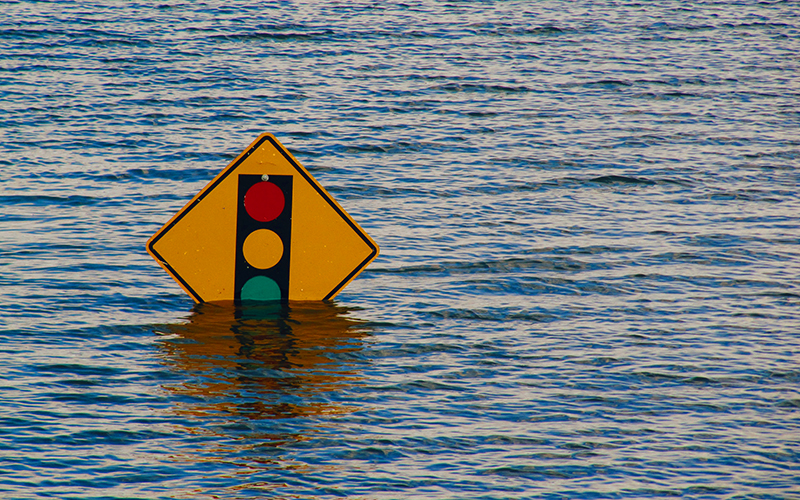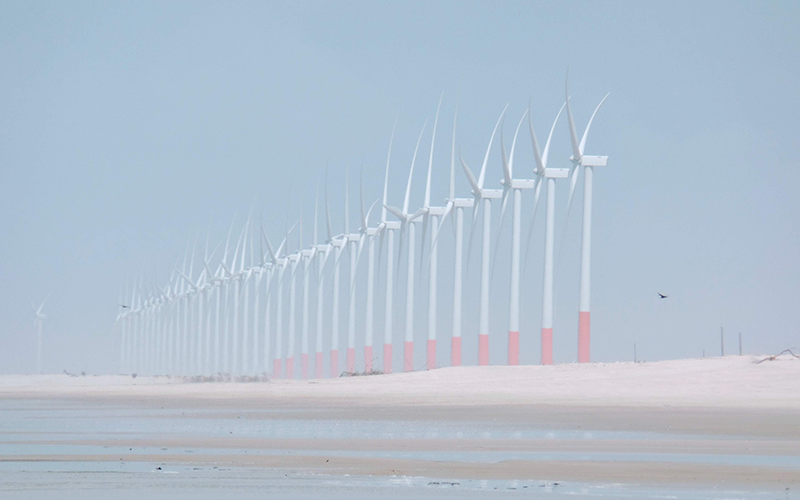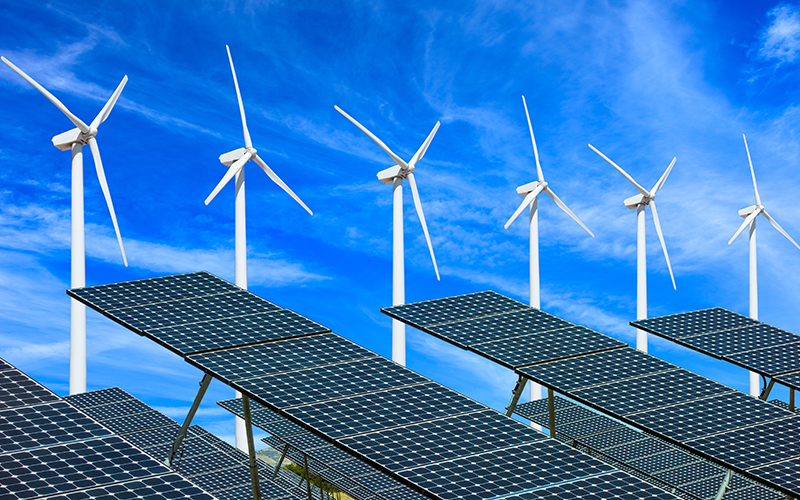Islands & Coastal Research Lab
The UCL Islands & Coastal Research Lab (ICR) works with academics, governments, local authorities, and industry globally to provide critical insights in the development of strategies for islands nations and coastal areas to respond to the challenges of climate change and transition to a green-blue economy. Our models capitalise on large-scale ‘islands and coastal’ data sets and a diverse range of methods (dynamic models, agent based, game theory, optimization, and simulation) to capture the complex system of interactions.
Researchers from different disciplines (engineering, computer science, mathematics, economics, environmental law, architecture, anthropology) merge their powers to deliver cutting-edge research regarding the technology, the data, the business models, and policies. Our expertise focus in three key areas: (i) Energy and Climate Change (renewable energy systems, low carbon technologies and infrastructure, interconnected islands, and interconnections with the mainland); (ii) Environment and Resource use (trade-offs between energy, water, land, food, materials); (iii) Industry and economy (land-sea interaction, finance and business models, regulations). By applying our tools to case studies, with stakeholder’ engagement processes, we co-develop knowledge taking a inter and multi- disciplinary approach towards how island nations and coastal areas can advance adaptive capacity, risk reduction, and equitable resilience governance to adapt to the impacts of climate change.
Since 2013 we have analysed more than 326 research case studies for islands and since 2020 we expanded/applied our methods to coastal cities as well. We are creating a global directory of analysis for islands and coastal cities for energy and resource use, giving their geographical, economic, environmental, and social characteristics.
Our research interests
We undertake pioneering research work in:
- Modelling Energy demand and supply for islands nations: ISLA model
- Dynamic simulation of the trade-offs between energy, water, land, materials, food: IDA3/5 nexus model
- Development of Integrated toolboxes. Re-Energize DR3 toolbox addressing the simultaneous interactions between climate-related disasters and development for effective disaster risk management,
- Innovative solutions to channel actions and change towards transition to a sustainable blue-green economy: The Blue-Green IC Toolbox
- Harmonisation of multimodal data, and big data handling
- Legal principles of environmental law, energy and climate justice, governance recommendations
Energy demand and supply modelling for islands nations: ISLA model
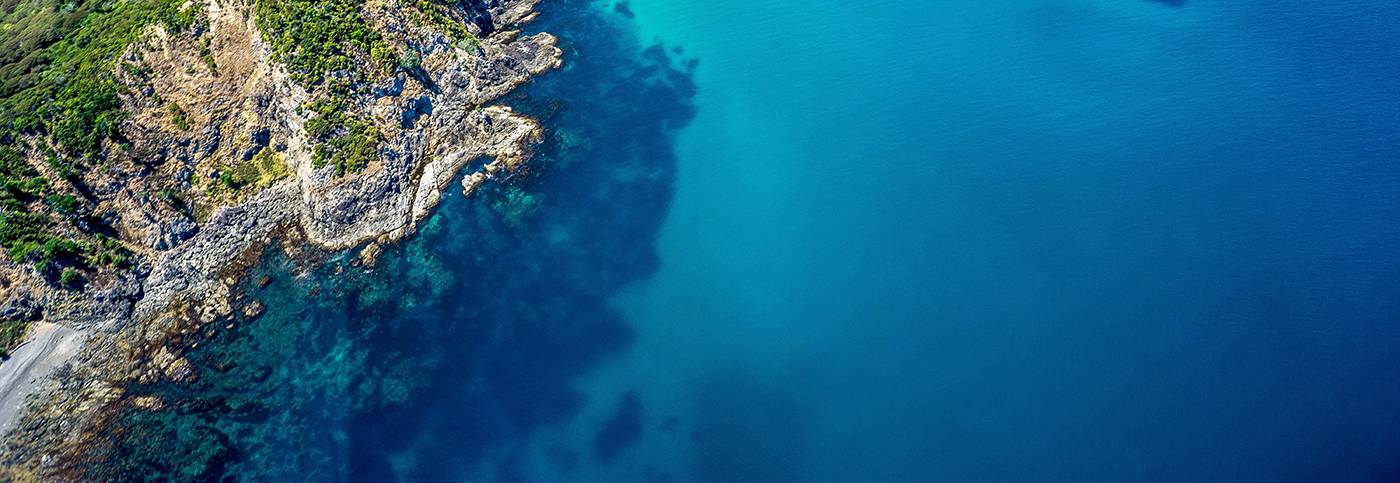
Integrated dynamic assessment of the trade-offs between energy, water, land, materials, food: IDA3/5 model
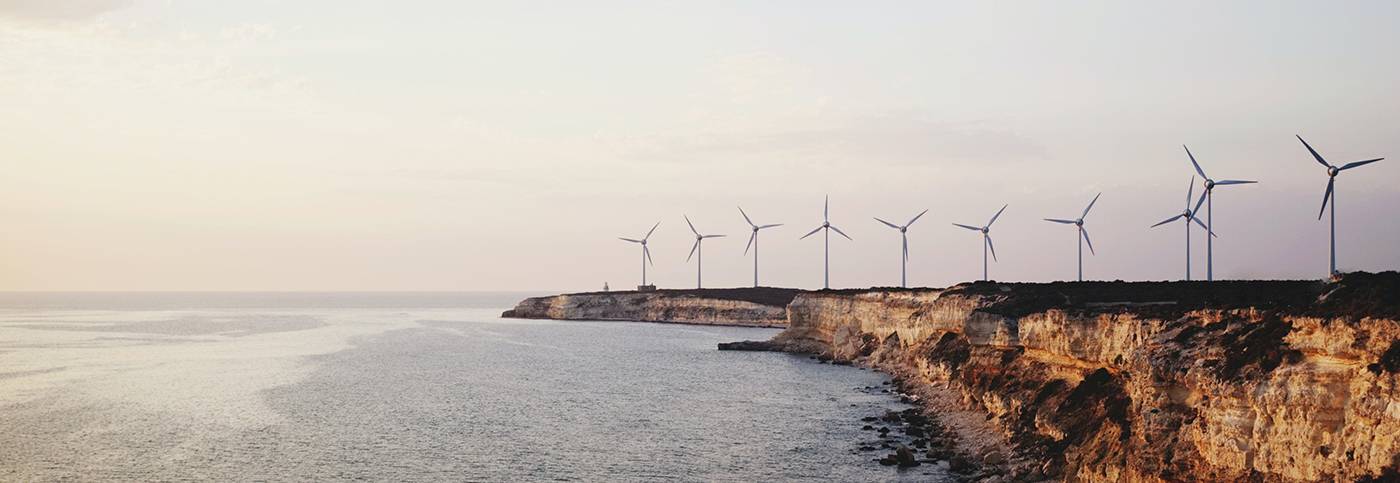
Development of Integrated toolboxes. Re-Energize DR3 toolbox
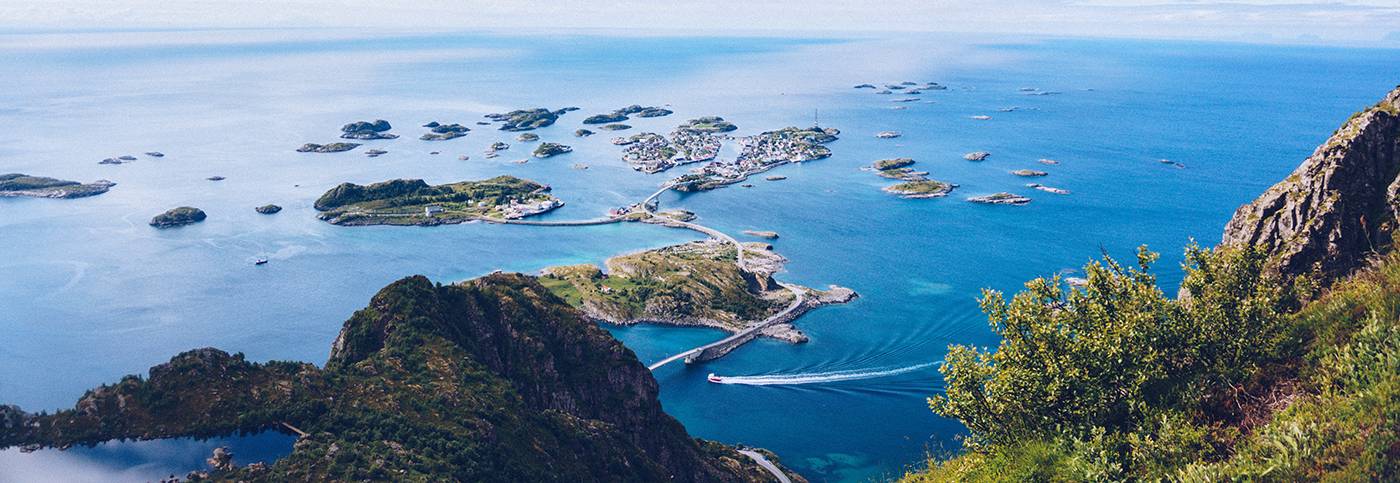
Innovative solutions to channel actions and change towards transition to a sustainable blue-green economy: The Blue-Green IC Toolbox
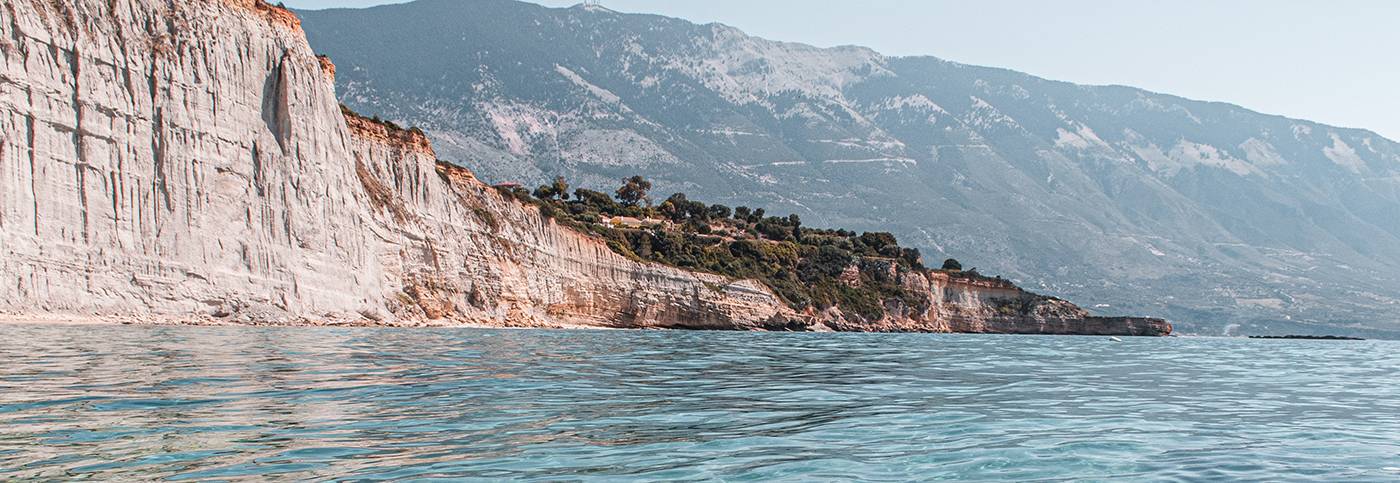
Harmonisation of multimodal data, and big data handling
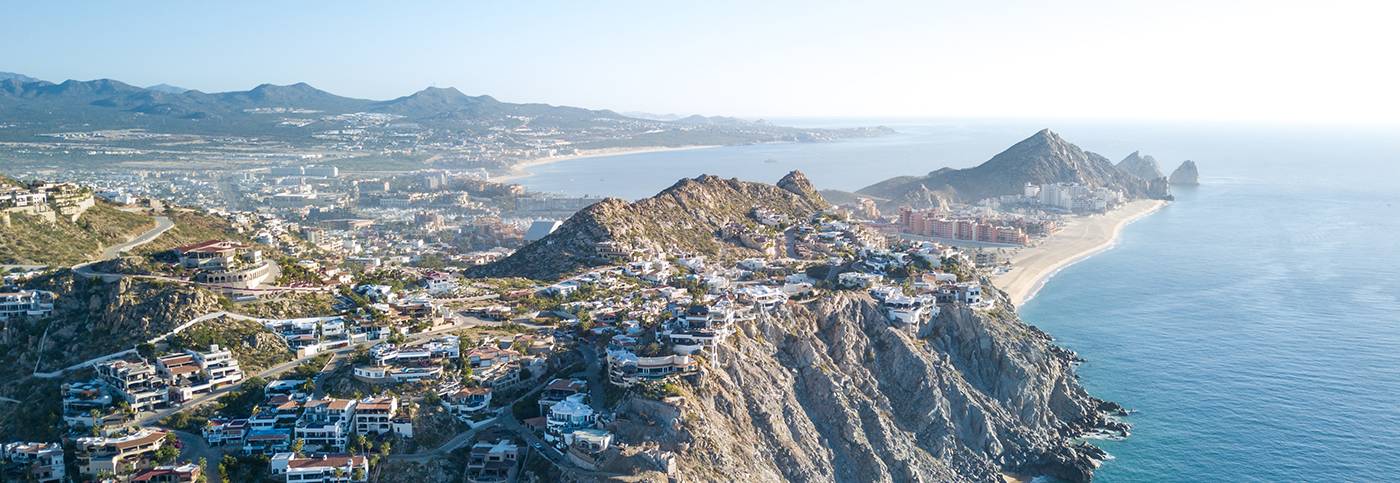
Legal principles of environmental law, energy and climate justice, governance recommendations
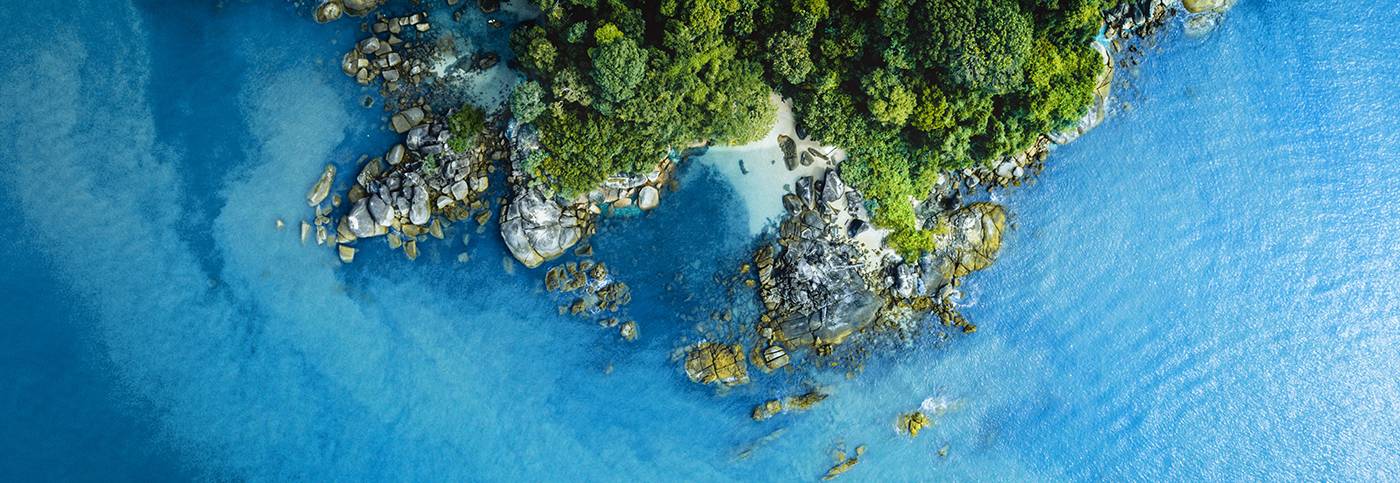
Research with impact
Recent projects
We work with governments, local authorities, NGOs and other research groups to develop detailed understanding of adaptation and resilience for islands and coastal areas. We develop novel methods and processes to provide a holistic understanding on complex problems to allow policy makers to make informed choices and direct consultancy for local authorities to identify strategies for action.
Islands & Coastal Research Lab in teaching

- Supervision of MSc dissertations across a range of programmes
- Delivery of core and optional modules for MSc Business and Sustainability and MSc Sustainable Resources: Economics, Policy and Transitions (SREPT)
- Delivery module for the UCL Summer School
Sustainable Resources: Economics, Policy and Transitions MSc
In the face of global environmental challenges, societies, businesses and policymakers alike need to rethink how we can use our natural resources sustainably. UCL's Sustainable Resources: Economics, Policy and Transitions MSc investigates the circular economy, resource efficiency and sustainable resource management. You will be equipped with the skills and knowledge to drive change and become the sustainability leaders of tomorrow.
Modules:
Metrics, Modelling and Visualisation of the Resource Nexus
View Sustainable Resources: Economics, Policy and Transitions MSc in the prospectus ►
Business and Sustainability MSc
Becoming environmentally, socially and economically sustainable is an imperative for businesses of all shapes and sizes. UCL’s Business and Sustainability MSc explores how businesses can turn sustainability challenges into new opportunities and avenues for growth. You will participate in research-led, applied teaching on sustainability science, policy and business practice, empowering you to be sustainability leaders making informed decisions and taking responsible actions for people, planet and profit, now and in the future.
Modules:
Measuring, Reporting and Facilitating a Sustainable Future
Doctoral Research (PhD)
We support research conducted by PhD students, which is integral to the development of the lab. PhD students play an active role, attending and presenting at meetings and organising some of the labs activities. Their work is an important contribution to the development of our research, and our novel models provide a rich resource for their studies. This symbiotic relationship is further enhanced through internships which offer our students an opportunity to step fully into the work of the lab.
Doctoral research relating to Islands & Coastal Research Lab:
Daisy de Selliers
Galila Khougali
Chris Matthew
Selman Sevindik
Mustafa Saglam
Stacey Wells-Moultrie
UCL Summer School
Every year, UCL welcomes students from universities around the world to study for 3 or 6 weeks in June, July and August. In summer 2022 students of over 50 nationalities, from over 250 universities around the world, making the UCL Summer School a truly international experience in the heart of one of the world's most dynamic cities.
Modules:
Climate Change and Sustainability in Practice
Find out about UCL Summer School ►
Our researchers
Collaboration and partnerships are fundamental to the Lab. We work closely with researchers around the globe.
For more information on past and current internal and external researchers and collaborators please see our website:
Islands & Coastal Research Lab team ►

Director of UCL Energy Institute
Professor in Global Energy and Resources
View Catalina's profile
Send Catalina an email

Research Fellow in Environmental Law and Sustainability
View Priscila's profile
Send Priscila an email

Senior Research Associate
View Nadia's profile
Send Nadia an email

Associate Professor
View Teresa's profile
Send Teresa an email

Professor of Environmental Law
View Jane's profile
Send Jane an email

Professor of Disasters and Health
View Ilan's profile
Send Ilan an email

Director of The Bartlett School of Environment, Energy and Resources
Professor in Energy Economics and Modelling
View Neil's profile
Send Neil an email

Professor of Energy and Environmental Systems Modelling
View Mark's profile
Send Mark an email

Professor of Infrastructure Engineering and International Development
View Priti's profile
Send Priti an email

Associate Professor in Macro-economic Modelling for a Green Economy
View Alvaro's profile
Send Alvaro an email

 Close
Close


